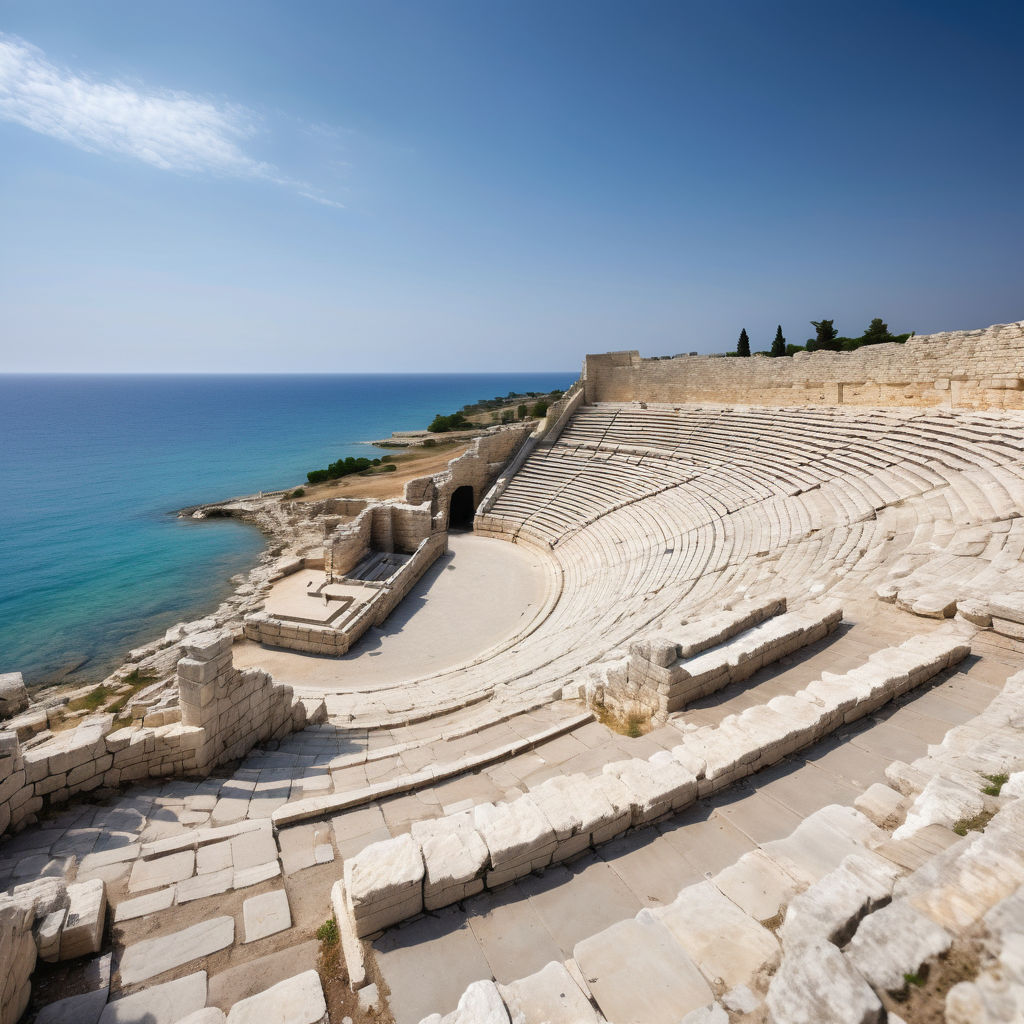Introduction to Cyprus: A Cultural Crossroads in the Eastern Mediterranean
Explore Cyprus: History, Culture, and Modern Life in the Eastern Mediterranean

Introduction to Cyprus
Cyprus, officially known as the Republic of Cyprus, is an island country located in the Eastern Mediterranean. It lies south of Turkey, west of Syria and Lebanon, northwest of Israel, north of Egypt, and southeast of Greece. The capital city, Nicosia, is the largest urban center and serves as the political, economic, and cultural heart of the nation. Other significant cities include Limassol, Larnaca, and Paphos. Cyprus boasts a rich cultural heritage that reflects its complex history of foreign rule and diverse influences, including Greek, Roman, Byzantine, Ottoman, and British cultures. The island is renowned for its archaeological sites, ancient ruins, and medieval castles. Traditional music, dance, and crafts are integral parts of Cypriot culture, often showcased during festivals and community events. The country’s cuisine, featuring dishes like souvlaki, moussaka, and halloumi cheese, reflects its Mediterranean roots and agricultural practices.
Cross-national and Cross-cultural Understanding
Cypriots generally exhibit a welcoming and open attitude towards other cultures, influenced by the country’s strategic location as a crossroads of civilizations and its history of foreign influence. The people of Cyprus value cross-cultural understanding and actively engage in cultural exchanges, educational programs, and international partnerships that promote mutual respect and learning. Cultural exchanges play a significant role in fostering cross-cultural understanding in Cyprus. The country hosts various festivals and events that celebrate both local and international traditions. For instance, the Cyprus Film Days International Festival attracts filmmakers and audiences from around the world, promoting cultural exchange through cinema. Additionally, Cyprus’s participation in regional organizations such as the European Union (EU) and the Commonwealth facilitates cultural and educational exchanges. Educational programs in Cyprus emphasize global awareness and cross-cultural understanding. Schools and universities incorporate multicultural perspectives into their curricula, encouraging students to appreciate and respect diversity. The University of Cyprus and other higher education institutions collaborate with international partners to facilitate student and faculty exchanges, enriching the educational experience and fostering global connections.
Interactions and Social Dynamics
Typical interactions between Cypriots and foreigners are characterized by warmth, hospitality, and a strong sense of community. Social behaviors in Cyprus reflect a blend of traditional customs and contemporary influences, emphasizing respect for others, friendliness, and communal living. Communication styles in Cyprus are generally informal and friendly. Greek and Turkish are the official languages, but English is widely spoken, particularly in business and tourism sectors. This multilingualism facilitates interactions with tourists and expatriates, making it easier for them to integrate into the local community. Cultural norms in Cyprus place a strong emphasis on family, respect for elders, and community involvement. These norms create a welcoming and inclusive atmosphere for foreigners, who often find it easy to adapt to the local way of life. Public displays of affection are generally accepted, reflecting the country’s modern social attitudes, but traditional values still hold sway, especially in rural areas.
Views on Dating and Relationships
Attitudes towards dating and relationships with foreigners in Cyprus are generally open and accepting, though influenced by cultural and traditional norms. Cypriots recognize the opportunities for cultural exchange and personal growth that such relationships can bring. However, traditional customs and values play a significant role in shaping these views. Family involvement is significant in relationships in Cyprus, with elders often playing a crucial role in the approval process. Traditional customs emphasize respect, patience, and the gradual building of trust in relationships. While modern dating practices influenced by global trends are becoming more common among younger generations, traditional values still hold sway in many communities.
Marriage and Family
Marrying a foreigner in Cyprus involves navigating both legal and social considerations. Legally, the country has clear regulations governing marriage, including residency requirements and the need for proper documentation. Socially, cross-cultural marriages are generally accepted, though couples may face challenges related to cultural differences and integration. Familial acceptance is a key factor in cross-cultural marriages. Cypriot families can be protective, and gaining their approval is often essential for the relationship's success. However, the diverse cultural landscape of Cyprus means that many families are already familiar with and accepting of different cultural backgrounds, which can facilitate smoother integration for foreign spouses. Trends in cross-cultural marriages reflect Cyprus’s open and inclusive society. Many Cypriots who travel abroad for education or work form relationships with individuals from various cultures, bringing back diverse customs and traditions that enrich the local community.